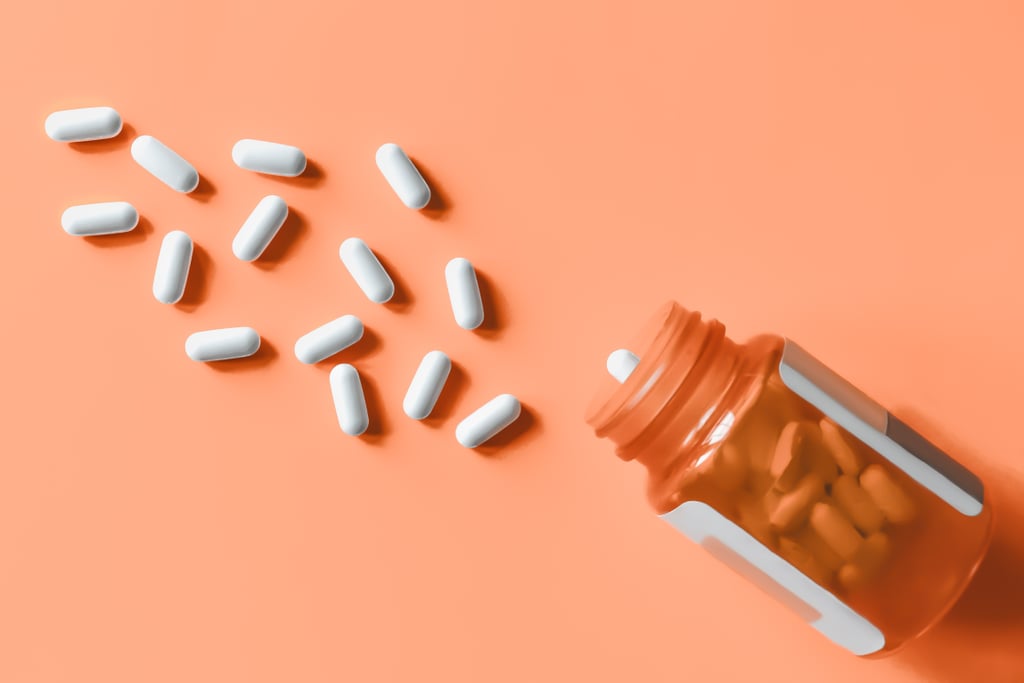When Topicals Don't Make a Difference, It May Be Time to Ask About Oral Acne Medications
When Topicals Don’t Make a Difference, It May Be Time to Ask About Oral Acne Medications
Whether you’re a teenager or an adult who thought your years of struggling with zits was way behind you, acne can prove challenging to get rid of. If you have persistent acne, you may need more than an over-the-counter topical to cure your breakouts — that’s where prescription acne treatments are typically recommended. But when all else fails, a dermatologist may prescribe an oral acne medication to clear up your skin.
Oral acne medications are not as frequently talked about as topicals, but they’re another option to explore and consider if you’re struggling with acne that just won’t go away. Often times, people who saw little to no success using topicals have seen their breakouts disappear almost completely on the right prescription. It all starts with consulting your dermatologist first.
There are three main types of acne medications — spironolactone, Isotretinoin, and oral antibiotics — and they work in different ways, as well as have different pros and cons (like with any type of medication).
Oral Antibiotics
Oral antibiotics help kill the bacteria involved with acne, called cutibacterium acnes, and deliver anti-inflammatory effects in the skin to heal breakouts. While the side effects largely depend on the person, they can cause allergic reactions such as hives. “They can also render the skin sun-sensitive,” Kenneth Howe of Wexler Dermatology told POPSUGAR. “Rarely, the oral antibiotic minocycline can cause drug-induced lupus, a serious condition in which patients become quite ill.”
Spironolactone
Spironolactone was originally developed to treat high blood pressure, but is often prescribed for hormonal acne. “Many patients with hormonal acne do not respond to anything else,” said Dr. Howe. “Spironolactone works by blocking androgen activity. In so doing, it stops the development of pimples at their inception.”
Because it was intended to treat high blood pressure, there are a few side effects to take into account. “Spironolactone can cause elevated serum potassium levels, breast enlargement or tenderness, irregular periods,” said Dr. Howe. “Spironolactone can also cause dizziness if it lowers a patient’s blood pressure too much.”
Source: Read Full Article

